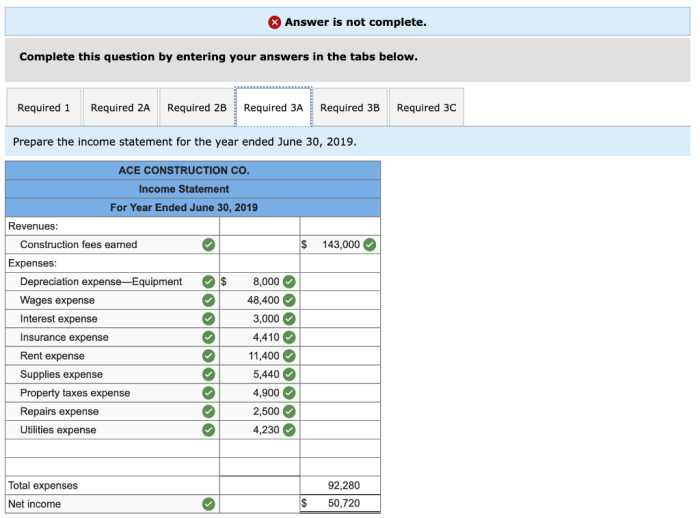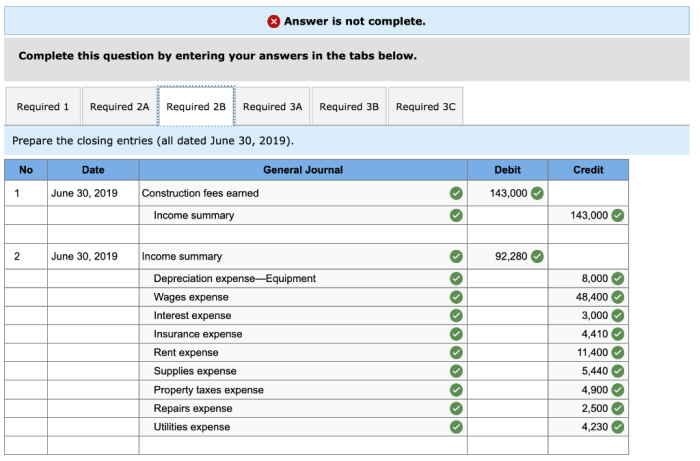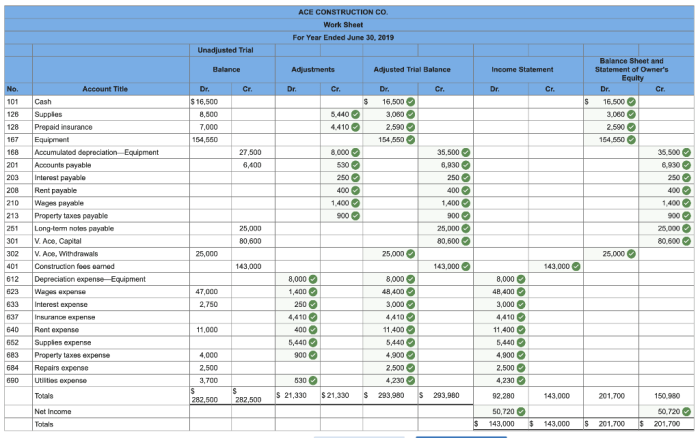June has a credit card balance of 4350 – June’s credit card balance of $4350 serves as a poignant reminder of the complexities of personal finance. This in-depth analysis will delve into the intricacies of credit card debt, providing actionable strategies for effective management and repayment.
Understanding the concept of a credit card balance and its potential implications is paramount. Carrying a balance can accumulate interest charges, damage credit scores, and hinder financial well-being. Therefore, it is essential to adopt responsible credit card usage habits and develop a comprehensive financial management plan.
Credit Card Balance Information

A credit card balance refers to the outstanding amount owed on a credit card account. In this case, June has a credit card balance of $4350, indicating the total amount she owes to the credit card issuer.
Carrying a balance on a credit card can have several potential implications:
- Interest charges:Most credit cards charge interest on unpaid balances, which can accumulate over time and increase the overall cost of the debt.
- Late payment fees:If June fails to make the minimum payment by the due date, she may be charged late payment fees, further increasing the cost of the debt.
- Impact on credit score:High credit card balances can negatively impact June’s credit score, making it more difficult to qualify for future loans or credit at favorable terms.
Financial Management Strategies

To manage credit card debt effectively, June can consider the following strategies:
Create a Budget and Stick to It
A budget helps June track her income and expenses, ensuring that she allocates funds appropriately and avoids overspending. Sticking to the budget can help her reduce unnecessary expenses and free up funds for debt repayment.
Make Regular Payments on Time
Making regular payments on time, even if it’s just the minimum payment, can help June avoid late payment fees and protect her credit score. It also demonstrates to potential lenders that she is a responsible borrower.
Debt Repayment Options
If June is struggling to repay her credit card debt, she may consider the following options:
Debt Consolidation
Debt consolidation involves combining multiple debts into a single loan, often with a lower interest rate. This can simplify repayment and potentially reduce the overall cost of debt.
Pros:
- Lower interest rates
- Simplified repayment process
Cons:
- May not qualify for lower interest rates
- May require a credit check
Seek Professional Financial Advice
If June is facing significant financial challenges, she may benefit from seeking professional financial advice. A financial advisor can assess her financial situation, provide personalized recommendations, and help her develop a plan to manage her debt.
Credit Card Usage and Responsibility: June Has A Credit Card Balance Of 4350

To use credit cards responsibly, June should consider the following:
Credit Utilization Ratio
Credit utilization ratio refers to the amount of credit June is using compared to her total available credit. A high credit utilization ratio can negatively impact her credit score.
Monitor Credit Card Statements Regularly
June should regularly review her credit card statements to ensure that all transactions are accurate and to identify any unauthorized activity. This can help her detect fraud or errors early on.
Additional Considerations
In addition to managing her credit card debt, June can take the following steps to improve her financial well-being:
Save and Invest for the Future
Saving and investing can help June build financial security and prepare for unexpected expenses or future goals. She should set up a savings account and consider investing in stocks, bonds, or other financial instruments.
Seek Support from Family, Friends, or Financial Counselors, June has a credit card balance of 4350
If June is struggling to manage her debt or make financial decisions, she should consider seeking support from family, friends, or financial counselors. They can provide emotional support, advice, and guidance.
Clarifying Questions
What is a credit card balance?
A credit card balance is the amount of money owed on a credit card at a specific point in time.
What are the potential implications of carrying a balance on a credit card?
Carrying a balance on a credit card can lead to interest charges, late fees, and damage to your credit score.
What are some tips for managing credit card debt effectively?
To manage credit card debt effectively, create a budget, make regular payments, and consider debt consolidation or professional financial advice.